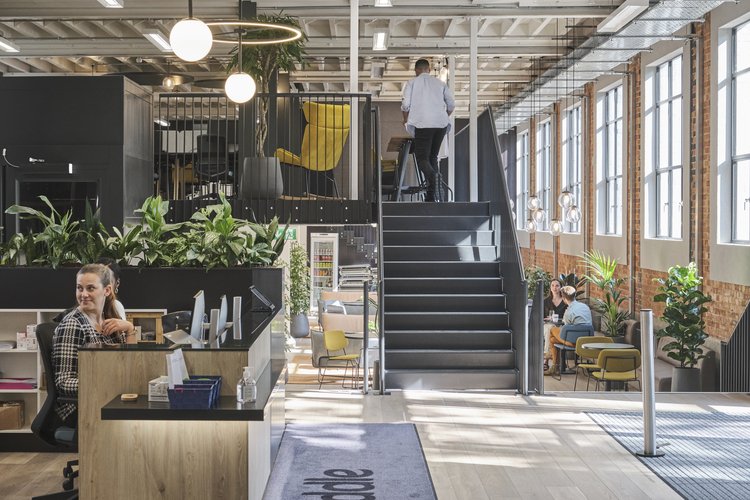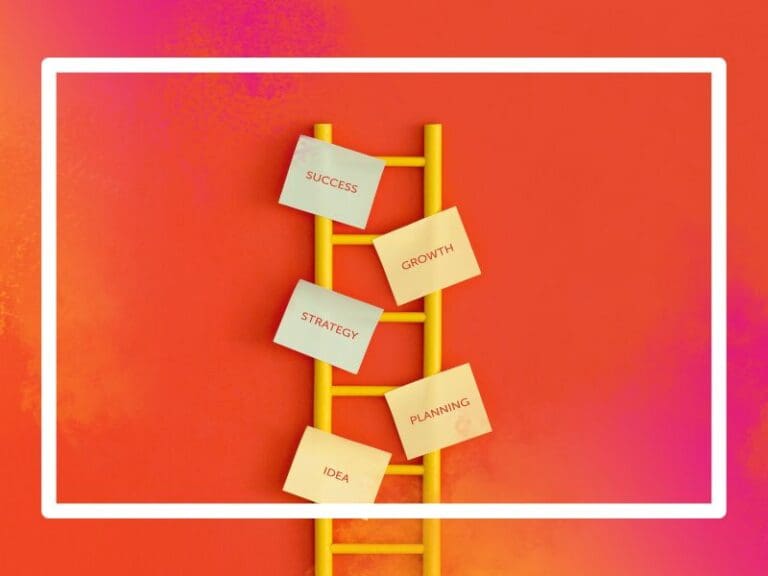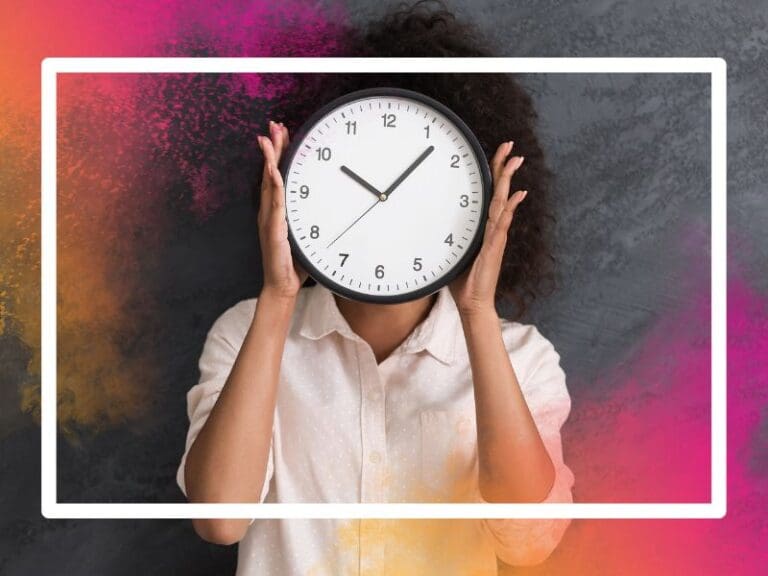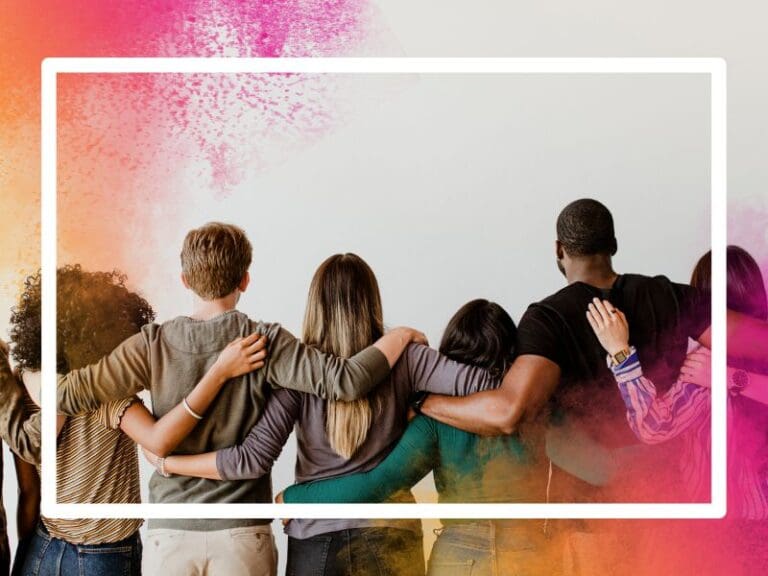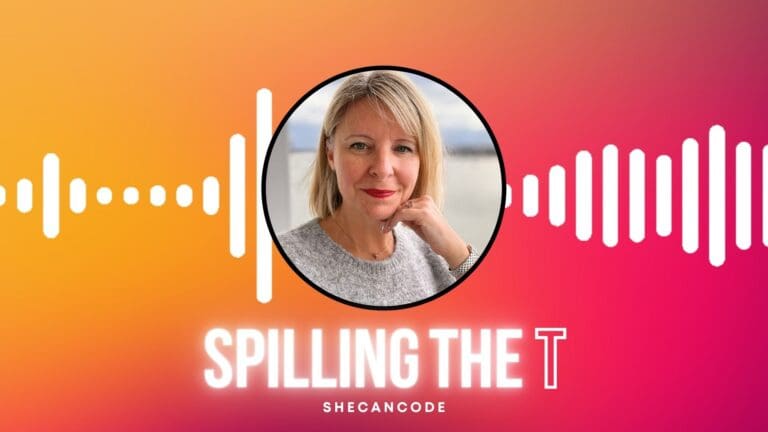Product Development and Product Design are increasingly popular domains in tech.
Tell us about your current role and your journey to get there?
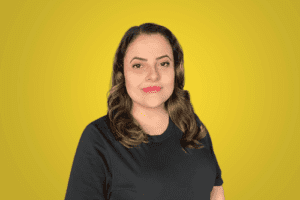
Manuela: I’m currently a Payments Product Manager at Paddle. My journey to get here wasn’t straightforward, as is mostly the case with Product Managers! I have a Bachelors in International Business from Brazil, where I’m from, but started working in Foreign Trade straight out of uni. After a couple of years I realised Foreign Trade wasn’t for me. So I quit and decided to do a Masters in International Business in San Francisco, USA, with the mission of taking the time to figure out which area I wanted to dive into next.
I went to every possible event and Product School hosted events every week – that’s where I fell in love with the profession, networked a lot, learned more about Product and Product Management, and decided I wanted to be a PM. I got back to Brazil after my masters and got hired as the first junior PM at a fintech that today is preparing itself for IPO. Since it was a startup at the time, I had tons of opportunities to figure things out myself, to fail and learn from it, and to have great mentors in my peers.
I then worked as a PM in a couple of companies outside the fintech world, learning how they talk about my knowledge domain and how they approach issues and subjects that I was so used to handling a certain way when in fintech. But ultimately, I missed being right in the centre of it, having colleagues who are just as passionate as I am about the fintech and payments world, which is why I decided to apply for companies in the fintech space and how I landed my current role at Paddle (and in another country to boot!).
Shabana: I’m a Senior Product Designer at Paddle working across 2 squads to improve the experiences for Sellers (our users) across processes and features in our system. My role is to understand what they want, need, how to do it better and create seamless, quality solutions for them.
I studied design at university and the journey into my design career started at level zero! Work experience and internships for different companies: local and multinational, helped me with shaping up my portfolio and learning from all the people I met in hands-on environments.
I also studied web design alongside applying for junior roles early on to boost my digital skills and help my skills rank higher in the design market. Over the years I have been a web designer, UI designer, agency lead, UX architect/ UX designer and now I’m in Product Design at Paddle.
What do you think are the most important skills for a successful career in Product?
Manuela: I think there are two main skills that are important in Product: empathy and flexibility. Empathy because you’ll need to constantly put yourself in others’ shoes to try to understand their needs and wants without polluting it with your own view of what that would be.
And flexibility because things won’t always turn out as you think. This becomes even more important when you work with a new product or in an uncertain scenario. As human beings, we tend to focus on solutions as if a lot of variables are fixed in our lives but in Product, you realise there are a lot of things we don’t actually know and that will change the outcome, the strategy, the way you think, etc.
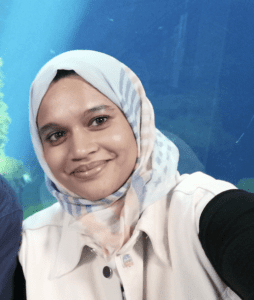
Shabana: It’s imperative to the role that at the core, you are here to be a problem solver. Understanding how to break complex matters into sizeable parts or theories to unpack is a good mindset to have.
Communication is a powerful skill. Being able to talk about how and why you have designed matter. Understanding that design is a language between humans and digital systems/services is a good skill to master.
Growth mindset – realising that your abilities and skills can absolutely develop through effort, habits & practice is a good mental model to add to your toolbox. Being open to learning about your users and context of use will help hone your design skills and how you talk about design in your workplace.
How do you think diversity can impact product design and development?
Manuela: No one person knows everything about everything, and it’s quite freeing and empowering to work as a team to understand something new to everyone. So it’s crucial to have as many voices as possible in a room when designing something that should solve a problem for many people.
On top of that, it’s extremely important to think about the world we’re building: if we want a place where everyone feels welcome, where people from all sorts of backgrounds, ethnicity, race, feel at home and have their needs met, we need to listen to them and understand how they perceive a specific scenario.
Because of their experiences in life, they might also come up with completely different solutions to the problem at hand. It’s quite exciting and one of the most crucial points to keep in mind during product development.
Shabana: This is one of my favourite questions. If you want to design and build world-class products or successful products that people love using – you need to appeal and be of value to many people as possible.
How do you do this? It starts with looking inwards. Look at your company, your squad – who are the humans that make the decisions and ship the products? Are they all from similar backgrounds, abilities, and walks of life? If overall yes – you won’t be delivering that world-class product we all want. Diversifying the team that is part of shaping a product in any way is proven to create richer innovations and elevate the heights of user experience and product strength in the market.
What makes a role in Product great for someone who doesn’t have pure coding skills?
Manuela: I personally don’t have pure coding skills and I found myself professionally in Product. Product allows you to be curious every day, to solve problems in creative ways, to talk to a lot of different people, and understand where they’re coming from. It helps you be humble with what you know and don’t know, learn how to work with a team, understand how human beings act in a broader sense.
To summarise, I think there are so many different paths and ways to be in Product, many different people would be great at it. Having pure coding skills is definitely not a must, you just have to find your strength and be aware of your weaknesses so you better yourself or know when to rely on your teammates.
Shabana: You will learn something new every day. Know that you have a different skill to bring to the party – this is needed! We need people like you!
When it comes to showcasing your skills in your CV and in interviews – what tips do you have?
Manuela: Think about your CV as a product and the recruiter as your client. What do they need? What problems are they trying to solve? What did you do before that could/would help in that scenario?
Write your CV as if it were a product to solve all those problems. Think through your past experiences and see if there’s a way to reframe them in a way that shines a light on what’s important to solve the recruiter’s problem.
In interviews, the best advice I can give is to be yourself, and also do a lot of them to get over the anxiousness or stress that comes with it. Different things work for different people, but as soon as I saw interviewing as just me solving a problem, my stress around it immediately passed.
Shabana: Craft your CV as though you have already got the job you want. Consider how you position yourself and the skills needed for that role. The experience & skills section may stand out to recruiters more than, for example, where you have studied. So think about hierarchy and layout. Ask yourself “what do I want the recruiter to see about me first?”
Interviews: when I was a junior the best tip someone gave me was to interview them back! Don’t forget that they need you to say yes to them too! So I hope that helps with the nerves. Research the company well. For example, spend time on their website, download the app, immerse yourself into their community & space so you can use it as talking points. It shows you care about the opportunity.
What communities/tools/resources have you found most useful in your career so far?
Manuela: Mentoring is one. Wherever I am I always try to find a mentor since it’s a great way to learn and have a different perspective on things. They don’t solve anything for you; they guide you towards different ways of thinking based on their experiences and there’s nothing richer than that when you are stuck in your ways! Another thing that really helped me is being a part of a community, whatever it is based on.
Finding like-minded people or those who are in similar places in their lives or with similar interests is quite an adventure – you end up learning a lot about you, about your career, and it might take you places you didn’t think of before. Shabana: Linkedin has helped to connect me with people who are doing similar things to me; it’s great to have conversations and see how other designers are growing in their journey.
It’s good for finding your next role too. Conversations with people you look up to or admire at work are such blessed ways to learn and understand the industry around you. Mentorships are golden opportunities to learn from those who are ahead of the curve in your journey, I mentor regularly via ADPlist; this is an amazing platform to seek quality mentorship and make those steps to elevating your career journey and learn.
YouTube tutorials, product demos, events and twitter lives are great ways to help sharpen your skills and learn about what’s coming next.


